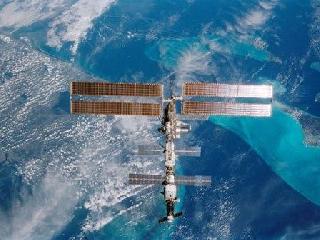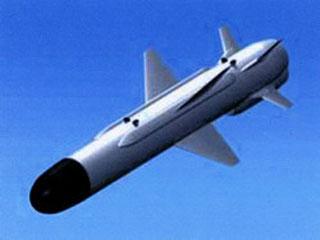An artistic illustration of the spacecraft.
MOSCOW (AFP): Russia's space agency has blamed the effect of cosmic radiation for the failure of its Phobos-Grunt Mars probe, which crashed over the Pacific Ocean earlier this month.
"The most likely reason in the commission's opinion is the local influence of heavy charged particles from outer space on the onboard computer system," said Roscosmos head Vladimir Popovkin, cited by RIA Novosti news agency.
The unmanned probe was launched in November in an ambitious mission to fly to Mars's largest moon, Phobos, and collect ground samples.
But it failed to leave a low orbit around Earth, before gradually descending and crashing on January 15 over the Pacific Ocean.
Space radiation led the onboard computer system to experience memory problems after launch, the Roscosmos chief said.
Staff at the rocket-building plant would be punished, he said, adding that "they should have taken into consideration the effect of outer space".
He also suggested that sub-standard foreign-made microchips used in spaceships might be a factor in the failure. "This is imported equipment and this is probably part of the cause," he said.
The space mishap came as Russia was hoping to relaunch its interplanetary programme after an embarrassing string of failures.
 Previous Article
Previous Article Next Article
Next Article












The Indian Air Force, in its flight trials evaluation report submitted before the Defence Ministry l..
view articleAn insight into the Medium Multi-Role Combat Aircraft competition...
view articleSky enthusiasts can now spot the International Space Station (ISS) commanded by Indian-American astr..
view article